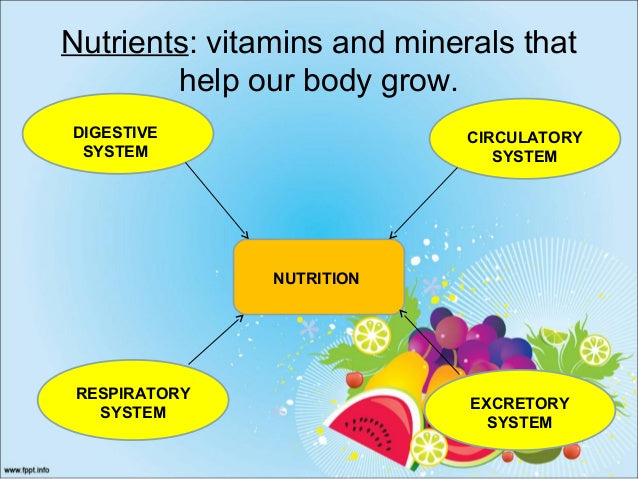Respiratory nutrients


Vitamin C is the most important water soluble antioxidant found in the respiratory system. Cigarette smoke depletes the body of respiratory vitamin C. Vitamin C works in the respiratory system by protecting the airways against the effects of irritants like sulfur oxides from factories, pollen, cigarette smoke, and pathogens. These substances cause increased oxidative stress which can lead to a narrowing of the airways.
Vitamin B6 is another nutrient that is beneficial for those with lung health issues. The body requires vitamin B6 for normal functioning of more than 60 different enzymes, some of which are directly involved in the respiratory system. Clinical studies utilizing vitamin B6 supplementation show that it supports overall lung function and decreases the severity of wheezing and chest tightness even though no deficiency is apparent.
Magnesium is a cofactor in over 300 biochemical processes in the body, and is critically important to the contraction/relaxation state of smooth muscle. Low magnesium enhances the contraction of smooth muscle tissue, while higher magnesium levels promote relaxation. Because the muscles of the respiratory system impact how the lungs expand, therefore, the capacity to trap air, it is important to provide these muscles with adequate amounts of magnesium.


